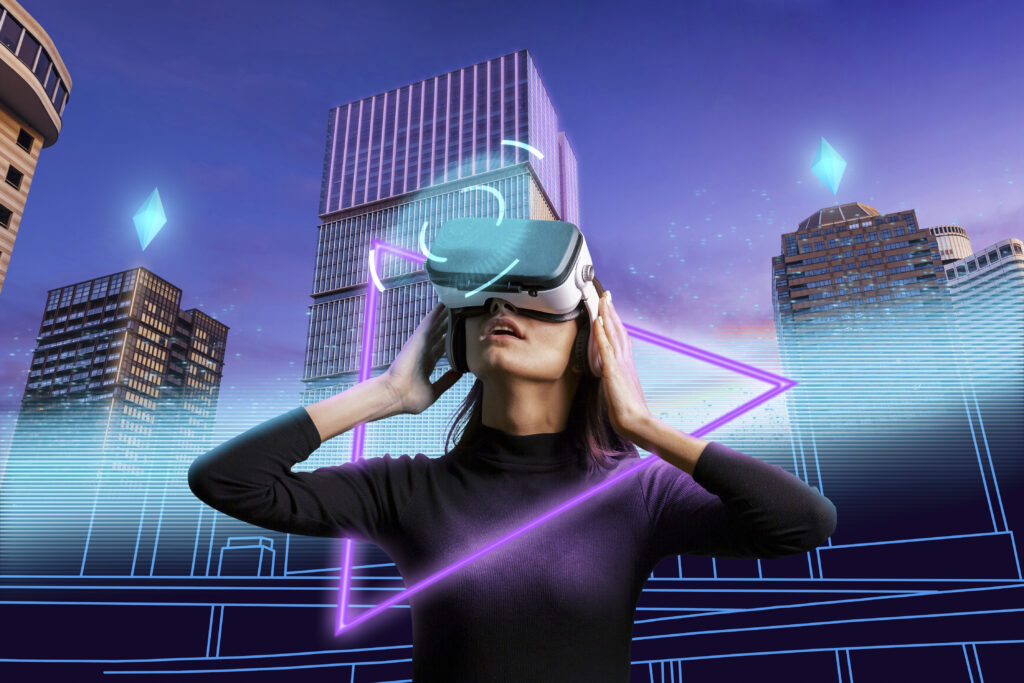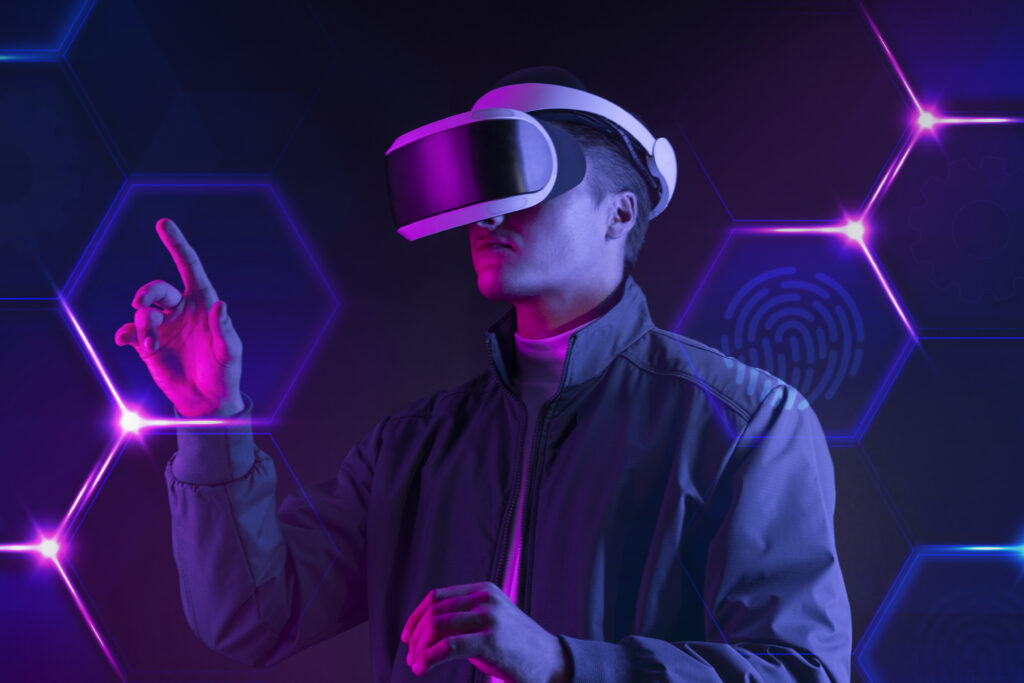What if the gadgets we use daily could think, learn, and even predict our needs before we asked? Technology is evolving faster than ever, reshaping how we live, work, and connect. From artificial intelligence to smart homes and space exploration, tomorrow’s tech is no longer a distant dream—it’s happening today.
This article will explore how these innovations will transform everyday life. You’ll learn about groundbreaking technologies, real-world applications, and what the future might look like in healthcare, education, business, and even our homes.

The Rise of Artificial Intelligence (AI) in Everyday Life
Artificial intelligence is no longer confined to research labs. Today, it powers voice assistants, predictive text, and personalized shopping recommendations. Tomorrow, AI will be even more advanced, capable of:
- Diagnosing medical conditions faster than doctors.
- Running fully autonomous vehicles.
- Assisting teachers with personalized student learning plans.
A PwC report predicts that AI could contribute $15.7 trillion to the global economy by 2030. This shows how powerful AI will be in shaping future industries and daily life.
Smart Homes: Living With Connected Technology
Imagine waking up to curtains that open automatically, coffee brewing, and your thermostat adjusting to the perfect temperature—all without pressing a button. This is the promise of smart home technology.
Benefits of Smart Homes:
- Convenience – Voice commands for lights, appliances, and security systems.
- Energy Efficiency – Smart meters and sensors reduce unnecessary electricity use.
- Safety – Cameras, alarms, and locks managed from your phone.
Smart home devices are not only making life easier but also cutting costs and reducing energy waste.
Healthcare Innovations: A Healthier Tomorrow
Technology is revolutionizing healthcare by making treatments faster, more affordable, and more personalized. For example, wearable health trackers like smartwatches now monitor heart rates, sleep patterns, and oxygen levels.
Future Healthcare Technologies Include:
- Telemedicine for remote doctor consultations.
- 3D-printed organs for life-saving transplants.
- Robotic surgeries with higher precision.
According to Deloitte Insights, over 70% of patients are willing to use digital health solutions, proving that trust in technology is growing.
Education in the Digital Age
Tomorrow’s tech will reshape classrooms and how students learn. From virtual reality (VR) field trips to AI tutors, education will become more engaging and personalized.
- Virtual Reality: Students can explore the Great Wall of China or space without leaving their classrooms.
- AI Tutors: Adaptive learning systems identify weak areas and provide custom lessons.
- Global Access: Online platforms make quality education available worldwide.
This means a student in a remote village can access the same resources as one in a top urban school.
Transportation: The Road to Autonomous Travel
Cars that drive themselves are no longer science fiction. Companies like Tesla, Google, and Uber are investing billions into autonomous vehicles.
Key Benefits of Future Transportation:
- Fewer Accidents: AI-driven cars can reduce human errors.
- Time Efficiency: Self-driving cars free up travel time for work or relaxation.
- Eco-Friendly Options: Electric vehicles will reduce carbon emissions.
By 2040, over 33% of vehicles could be autonomous, changing how we think about mobility and commuting.
The Workplace of the Future
Workplaces are transforming with AI, automation, and cloud-based systems. Businesses adopting new tech will stay ahead of the curve.
- Remote Work Tools: Platforms like Zoom and Slack are now standard.
- AI-Powered Productivity: Automation reduces repetitive tasks.
- Blockchain Security: Protecting digital transactions and data.
Employees will spend more time on creative problem-solving while machines handle repetitive tasks.
Space Exploration: Expanding Human Horizons
Tomorrow’s tech isn’t just about Earth—it’s about the universe. NASA, SpaceX, and Blue Origin are making space travel more realistic for humans.
Exciting Developments:
- Mars Missions: Plans to send humans to Mars by 2030s.
- Satellite Internet: Expanding global connectivity.
- Space Tourism: Private companies offering commercial space flights.
Space exploration will not only expand human boundaries but also create new industries and jobs.
Challenges of Tomorrow’s Tech
While exciting, these innovations bring challenges:
- Privacy Concerns – Data collected by AI and IoT devices can be misused.
- Job Displacement – Automation may replace some traditional jobs.
- Digital Divide – Not everyone has equal access to new technologies.
Balancing progress with responsibility will be crucial for a sustainable future.
Conclusion
Tomorrow’s tech today is already shaping how we live, work, and connect. From AI-powered assistants and smart homes to futuristic healthcare and autonomous travel, innovations will bring both opportunities and challenges.
The key takeaway: embracing these changes with an open mind will help us thrive in the future.
Stay ahead of the curve, subscribe to our newsletter for more insights on the latest innovations and how they impact your daily life.

